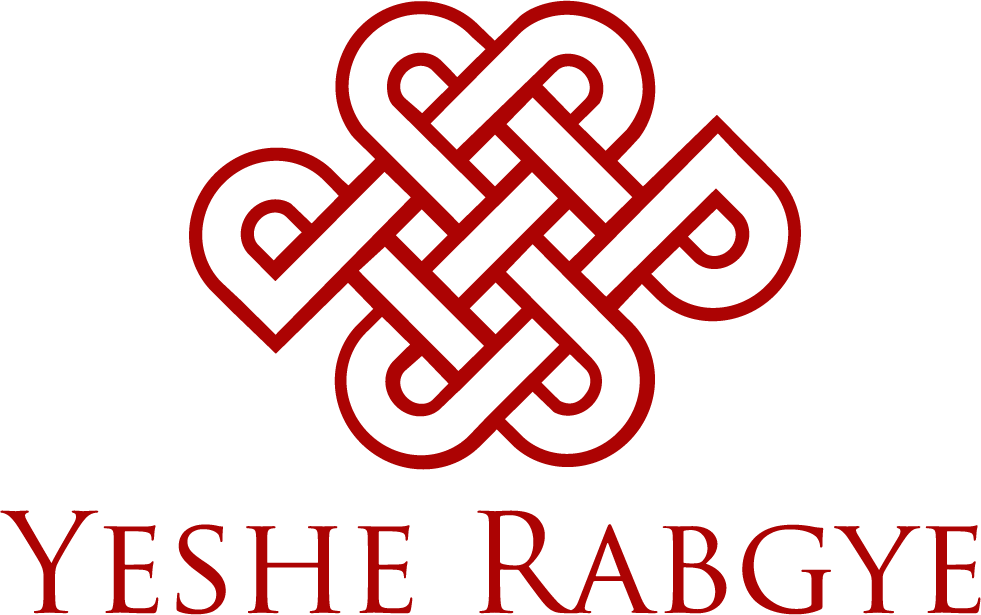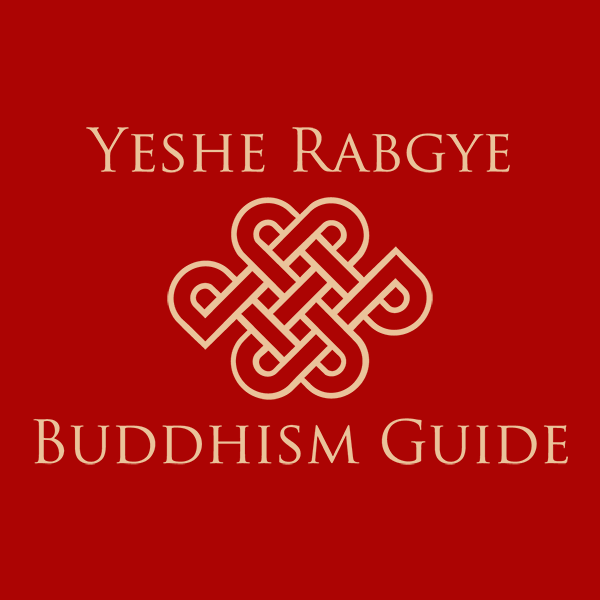Eliminate What is Holding You Back
The more we get caught up in negative patterns of behaviour and mental states, the more they become engrained. This means they become stored in our subconscious, and we act in certain ways without consciously thinking and we become overwhelmed by our mental states, such as anger, jealousy, pride, without noticing it.
It is said that most people spend 70% of their lives living in the survival mode, the fight or flight mode, which means they are living in stress. They are always anticipating the worst-case scenario, based on a past experience, selecting the worst possible outcome and beginning to emotionally embrace it with fear and conditioning their mind into a state of fear.
This conditioning becomes a pattern of behaviour, a habit, which is a set of automatic unconscious thoughts, behaviours and emotions that’s acquired through repetition. A habit is when you’ve done something so many times your mind now knows how to do it unconsciously.
If these habits, behaviours, and mental states are positive and helpful, there’s no problem. But if they are negative and counterproductive, they can cause us untold problems. We need to be aware of our actions and mental states, so we can make changes, and become the best version of ourselves. It will also ensure we have a peaceful state of mind and find true inner happiness.
We can start to change by following the process I have called ‘Eliminate what is holding you back.’ This consists of seven steps, which are realisation, study, conviction, determination, action, effort, and time.
Realisation: we first need to realise our actions and mental states are causing us, and others, to suffer. This is a key point because if we don’t know we are sick, we won’t go to the doctor. So, if we are unaware of negative behaviours and mental states, we will not try to find a solution.
Buddha’s very first teaching was the four noble truths, and the first truth is life brings about suffering. He then talked about the causes and the path out of suffering. So, to be able to make changes in our life we need to first understand that things do not have to be like they are. There is a better way to live our lives. That is the realisation we are looking for here.
We have to become aware if we are living in the survival mode or the creation mode. The survival mode is the fight or flight mode, and the creation mode is the rest and digest mode.
Living in stress is living in survival. Now, all of us can tolerate short term stress but when we turn on the stress response and we can’t turn it off, we are headed for disease because no organism in nature can live in emergency mode for an extended period of time.
living in creation is when we are conscious of our actions, behaviours, and mental states. It is when we can make changes and become the best possible version of ourselves. We begin to utilise our huge frontal lobe, which is 40% of our entire brain and it’s where we plan, organise, become productive and creative. So, living in creation means using our frontal lobe to make conscious choices to change.
Firstly, we need to understand when we are in survival and when we are in creation mode. Once we understand the damage we are doing to ourselves and people around us by following old patterns of behaviour, we can start the process of change.
To bring awareness to our lives it is important we remain with a calm mind. Here are 10 ways we can easily do that.
Study: now we need to learn about how we can change, such as learning about impermanence to stop our attachment to people and things or learn antidotes to our anger. Studying is going to show us that there is light at the end of the tunnel. It is going to help us move on to the next stage of this process. It will also help us to keep our goals and aspirations realistic. So, I would suggest you study Buddha’s foundation teachings, especially the four noble truths.
Do not over study, as that will make the process of change an intellectual one, which it certainly is not. We need to study so we can practice and not just to make ourselves more intelligent. So, we need to strike the right balance between study and practice.
Conviction: we then need to be convinced that what we have studied will work. This will give us hope that the change will help us become the best possible version of ourselves. If we have doubt, it will stop our conviction. So, doubt needs to be cleared up during the study stage. There is nothing wrong with doubt but left unattended it will sit in our minds like a poison. It will hold us back. So, clearing up any doubts will give us the conviction to move on.
It is at this stage we have some type of expectations. We need to be careful here. If our expectations are too high, we are going to set ourselves up to fail, and none of us like failure. If our expectations are too low, we will not be challenged and will not work hard to achieve our true potential.
Determination: we need to be determined to carry on no matter what obstacles appear. We will probably come up against these five at sometime during our journey on the path.
- Sensory desire: seeking pleasures through our five senses. This
means we would become distracted, and our focus will be disturbed.
- Resentment: feelings of hatred and bitterness.
- Laziness: our actions will be half-hearted and lack focus.
- Worry: our energy will not be focused, and our minds will not be calm.
- Doubt: if we didn’t clear up our doubts at an earlier stage or new doubts appear, we will lack conviction.
This is why we require determination, as that will motivate us.
Psychologists talk about three types of motivation, namely biological needs that must be met for survival; stimulation and information; need for success, power, and status. But I am talking about a spiritual motivation, which is not based on worldly pursuits but in pursuit of higher goals, such as compassion, inner happiness, peace of mind, kindness, and spiritual development.
Action: Before we can learn new patterns of behaviour, we must unlearn the old patterns, which means, before we relearn, we have to break the habit of the old self, so we can reinvent the new self.
The best way to start this process is during meditation. We need to sit down, close our eyes, focus on the breath, and disconnect from our outer environment. This means we will be having less sensory information going to the brain, so there’s less stimulation. We have to inform the brain that we will answer the emails, post on social media, eat lunch, watch Netflix after the meditation, but for now, we are just sitting.
During this time our mind will want to go back to its emotional past, it’s old way of thinking, and we will become aware that our attention is on those emotions and thoughts. Our minds are taking us out of the present moment and back into the past. Every time we become aware that we’re doing that, and our minds are craving those thoughts and emotions, we bring our awareness back to the breath and settle it back down into the present moment.
If we keep doing this repeatedly, just like we are training a dog to sit, the mind will eventually surrender and just sit.
We can then mentally isolate different aspects of our negative behaviour or mental states and engage in a dialogue between the person you are and the person you wish to be. The negative behaviour is rooted in our subconscious mind, so actually the dialogue is between our conscience and subconscious mind. The more we bring our subconscious into the conscious, the more we will change.
For example, we may be a person that becomes angry very easily. So, during meditation, we look at what triggers our anger, what it feels like when we are angry, imagine what others feel like when we are angry towards them and so on. That is our old pattern of behaviour. Now, look at the person we want to become. A person that does not react to the triggers, that feels good because they are not constantly angry and a person that does not harm others with their anger. This will, after some time, become our new way of acting and feeling.
Our lives are not going to change very much if we keep having the same thought process, as that just leads to the same choice, the same choice leads to the same behaviour, the same behaviour creates the same experience, and the same experience produces the same results. So, the act of becoming more aware of how we think, how we act, and how we feel is called metacognition. That is important because the more conscious we become of those unconscious states of mind, the less likely we’re going to go unconscious during the day and those old thought patterns are not going to slip by our awareness unchecked.
So, the more we become familiar with the thoughts, the behaviours, and the emotions of the old self we’re retiring, the more we wire new thoughts and condition the mind into a new emotional state.
Effort: we need effort and commitment to keep moving forward, no matter how difficult or frustrating the process becomes. We all know change is not easy.
Once we start to make a different choice, we don’t feel the same way. Our mind is telling us we have been doing this for so many years and it’s going into the unknown, and that’s scary. It will try it’s hardest to return to familiar territory. It starts to try and influence us by telling us we can start tomorrow. If we give in and listen to the mind we will never change, as the same thought will lead to the same choice, and we slip back into old patterns of behaviour.
This is why we need to put in great effort, so we can override the old way of being and build a new, more beneficial way of being.
Time: this is an extremely slow process, and we shouldn’t expect quick results. Change is never going to come easy, so we need to constantly remind ourselves that we are in this for the long-haul.
Rome wasn’t built in a day and our patterns of behaviour and mental states will not miraculously change overnight.
So, in a nutshell, if we want to change, we first need to realise there is a better way to live our lives. This will then encourage us to study and find out what that change looks like and how we can make that change a realisation. We then need to have conviction and determination, so we do not get side-tracked. After that, we need to put what we have learned into action, and we do this through meditation. Finally, we need to put in an enormous amount of effort and time, so we get the results we desire.
You can read more blogs, listen to podcasts, watch videos and practice guided meditations by visiting my website.
If you would like to become a supporter of Buddhism Guides work, such as podcasts, blogs, videos and guided meditation practices, please visit here. You can support for as little as $2 a month.




